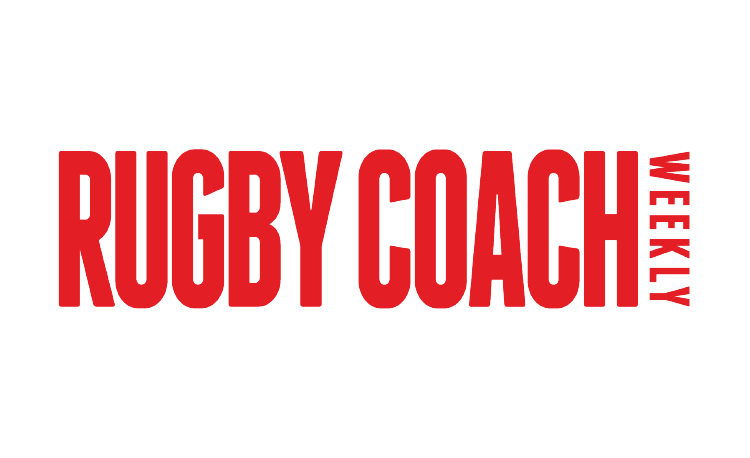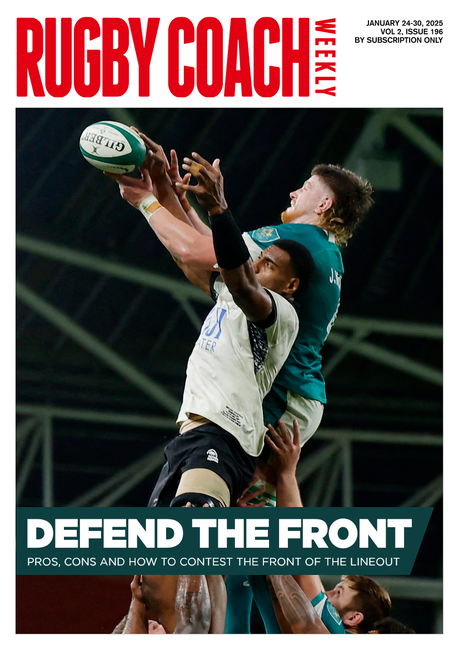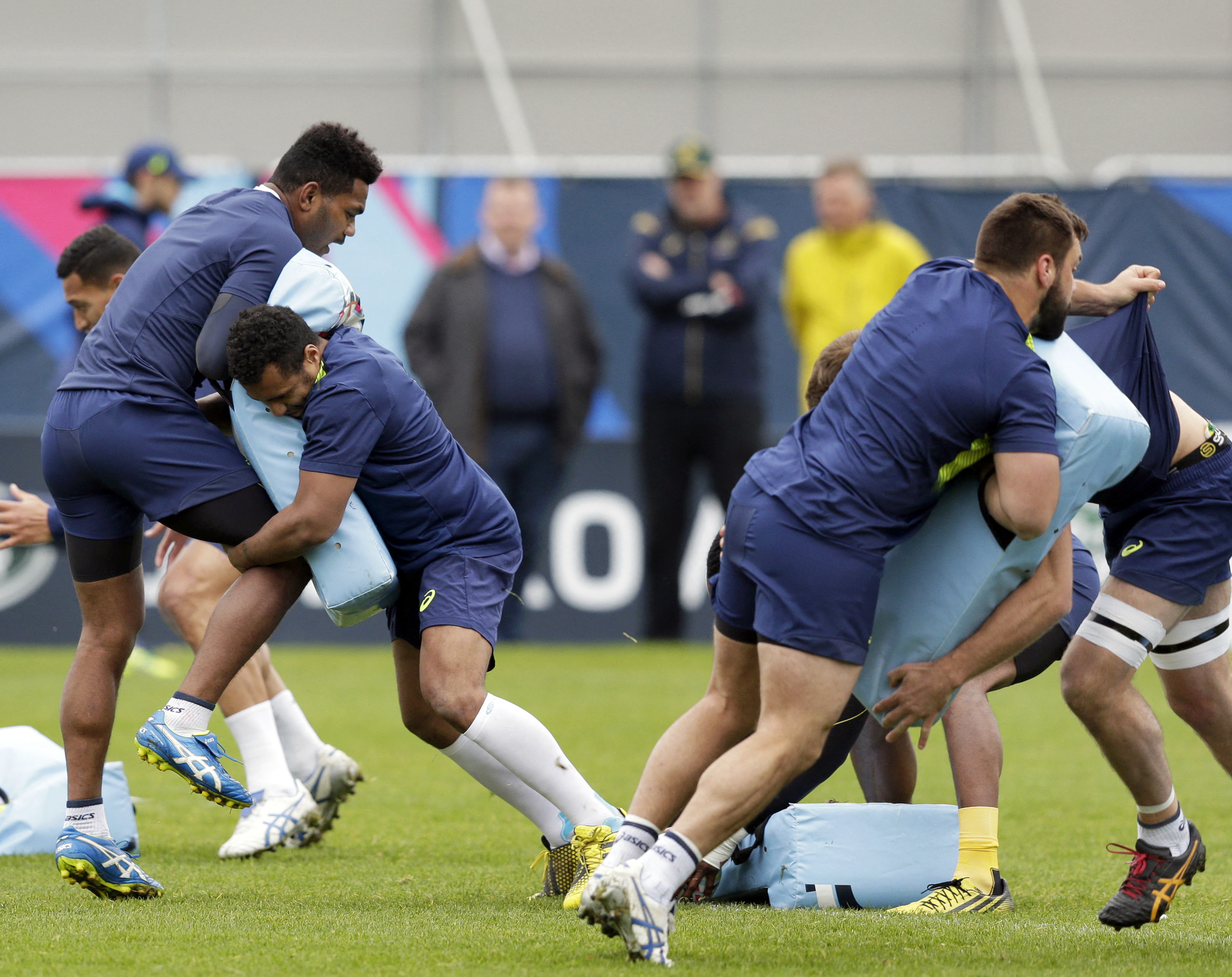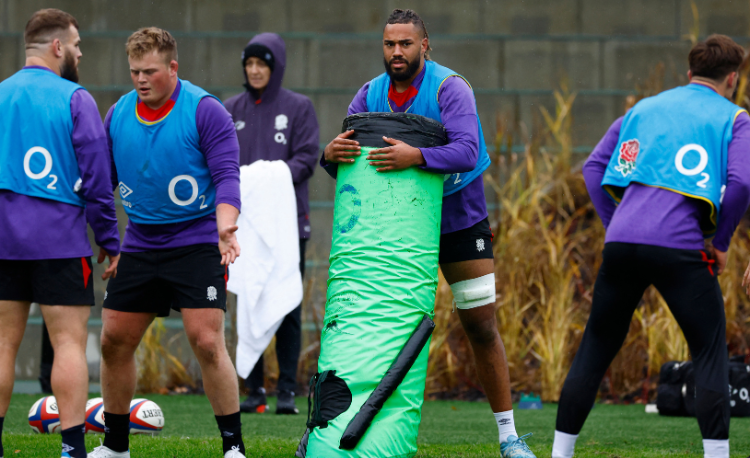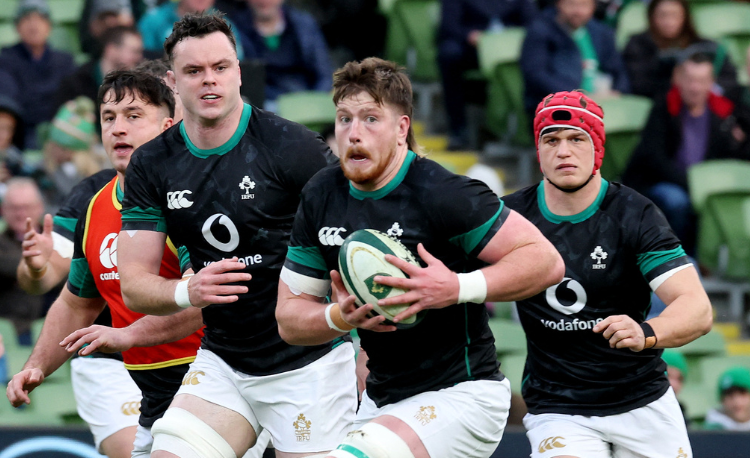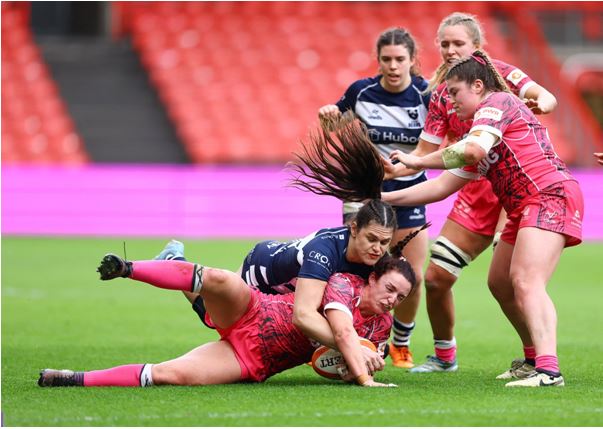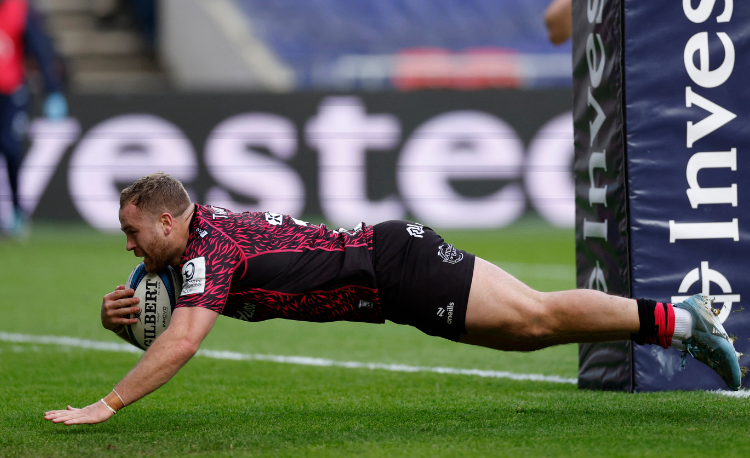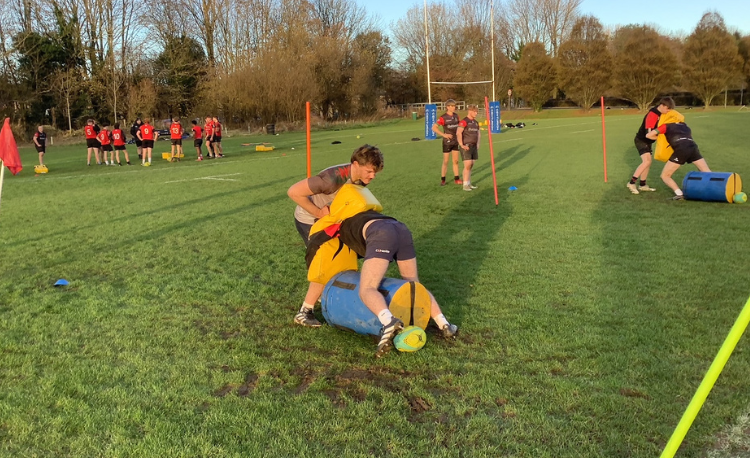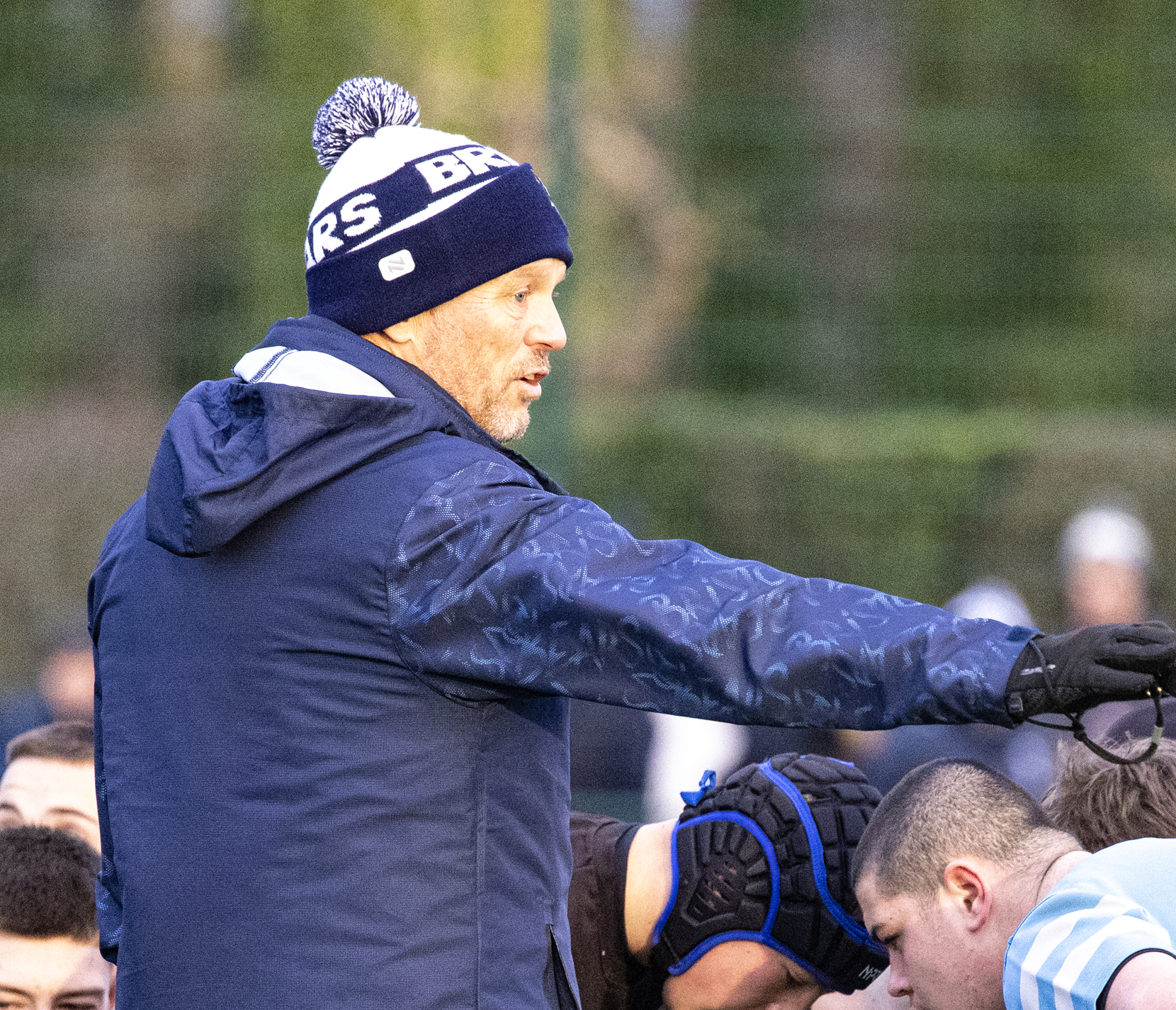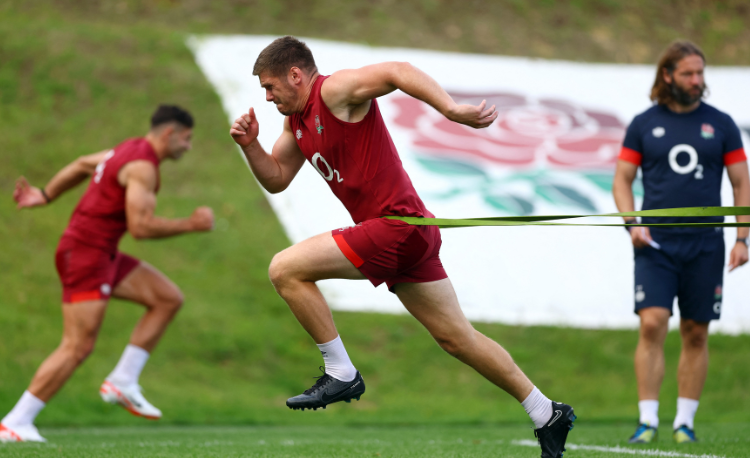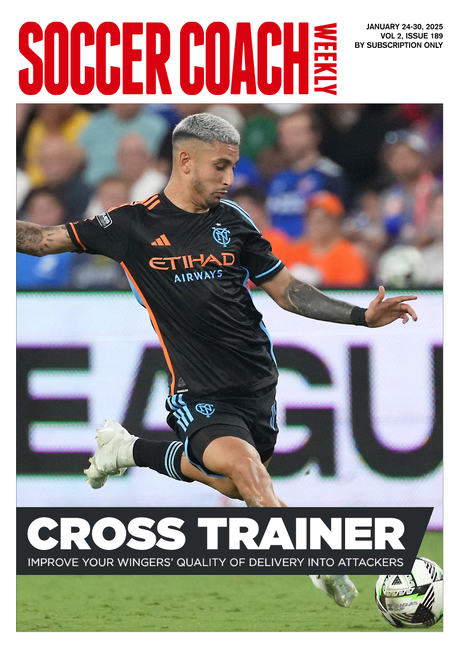The heart of coaching: What's easy to state, but difficult to achieve and how you can solve that

From my Roundup Rodeo podcast with Alison Payne and Gary Laybourne, they discuss what is really at the heart of coaching: how do we engage, work with, support and manage people.
It is often an incredibly easy thing to state when talking about coaching but, as Alison highlights, it can actually be one of the most difficult things to achieve. We all have a very limited window as coaches as we need to ensure we maximise that as best we can.
Here are four ways to solve this sticky problem:
1 Give yourself more time with the players
Have the training session laid out before the players arrive so that you can spend the time when they are arriving greeting them, having conversations and engaging with them that will help you develop your knowledge and understanding of themselves.
2 Acknowlege everyone
Greet every player with a handshake or fist bump or some sort of action that encourages physical contact, eye contact and a 'check in' type moment. This ensures that everyone has been acknowledged, everyone has been face to face with you even for a brief moment and that you have accepted them and welcomed them. This feeling may seem like a small one but it has been noticeable to me due to covid when I have not be able to do this. I feel like I am missing out on players because I have not been able to connect.
3 Individualise your finishing feedback
Have a plan around how to have a brief feedback conversation with each player as the session ends. This may be as simple as asking them their favourite moment, or what their work on might be for next week as they help you pack away the balls but it will enable them and you to finish the session with a positive and individualised moment in the same way that you started with one.
4 Non-match day squad interactions
Take the chance during the match day to speak with the players who are not on the field. It is a fantastic opportunity to learn about them and see the game through their eyes. "What are you noticing?" is always a great opening question to get them thinking about what they are watching.
"What would your feedback be at half time?" is another. "What impact can you make when you go on, how can you change the game, what messages might you take on at the next stoppage are all ways to engage their thinking and also learn about how and what they are seeing?".
Doing the same with those players who come off can also be of just as much benefit. Take these moments to understand their perspective as this knowledge could be a game changer for you to listen and act on.
The conversations do not perhaps need to be as long as an hour but by maximising every small opportunity the minutes soon add up across the space of a few months and over the course of a season or two you can, if you wish develop great insight in to the people around you which, as Gary and Alison highlight, is absolutely crucial if we want to get the best out of people.
For more on this Rodeo, visit:
Newsletter Sign Up
Coaches Testimonials

Gerald Kearney, Downtown Las Vegas Soccer Club

Paul Butler, Florida, USA

Rick Shields, Springboro, USA

Tony Green, Pierrefonds Titans, Quebec, Canada
Subscribe Today
Be a more effective, more successful rugby coach
In a recent survey 89% of subscribers said Rugby Coach Weekly makes them more confident, 91% said Rugby Coach Weekly makes them a more effective coach and 93% said Rugby Coach Weekly makes them more inspired.
Get Weekly Inspiration
All the latest techniques and approaches
Rugby Coach Weekly offers proven and easy to use rugby drills, coaching sessions, practice plans, small-sided games, warm-ups, training tips and advice.
We've been at the cutting edge of rugby coaching since we launched in 2005, creating resources for the grassroots youth coach, following best practice from around the world and insights from the professional game.
